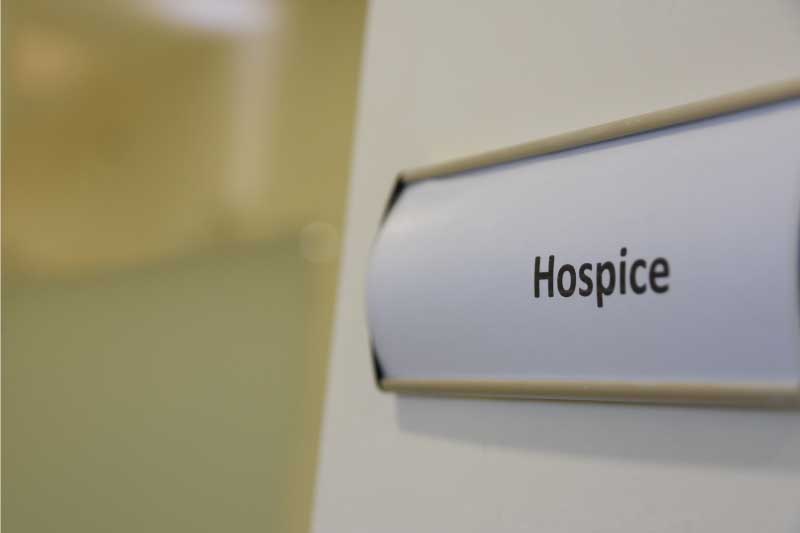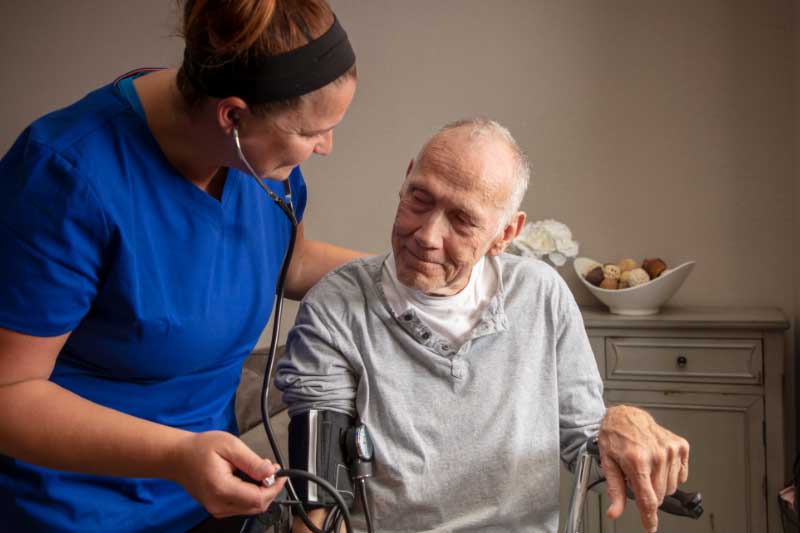Caring for a loved one during their final moments is one of the most challenging journeys anyone can experience. Hospice care ensures comfort, dignity, and support—but there’s more to this story than what you might hear during an initial consultation. While hospice offers crucial services, there are nuances and realities that families often discover only after beginning the process.
This blog explores the less-discussed aspects of hospice care, helping you make more informed decisions and prepare for the future. By understanding these realities, you can provide your loved one the best possible care and support while caring for yourself during this emotional time.
What Hospice Is (And Isn’t)
Hospice care is designed to comfort and support terminally ill patients in their final months, weeks, or days of life. This holistic care focuses not just on the individual’s medical needs but also on addressing emotional, spiritual, and psychological concerns.
However, a common misconception is that hospice takes over all aspects of care. While hospice plays a critical role, family members or caregivers remain active participants in providing care. It’s important to understand what hospice offers—and what it doesn’t.
What Hospice Provides:
- Pain and Symptom Management
Hospice teams focus on relieving physical pain and managing discomfort through medications, therapies, and specialized techniques.
- Spiritual and Emotional Support
Chaplains, social workers, and counselors guide patients and their loved ones, helping them find peace in the face of loss.
- Equipment and Supplies
Hospice provides essential medical equipment, such as hospital beds, oxygen machines, and mobility aids.
- 24/7 On-call Support
While hospice may not have staff present at all hours, they have a nurse or coordinator on call to guide during emergencies.
What Hospice Doesn’t Do:
- Around-the-Clock Care
Many families assume hospice provides daily, 24-hour care. However, most hospice services visit for a few hours per week unless the patient qualifies for continuous or respite care.
- Household Tasks or Meal Preparation
Hospice staff doesn’t handle chores or daily household upkeep. Unless a private caregiver is hired, these tasks remain the family’s responsibility.
- Curative Treatments
Hospice focuses on comfort, not curing the underlying illness. This shift can be difficult to adjust to for some families who are used to aggressive medical interventions.
Understanding these boundaries is crucial so you won’t feel blindsided when additional caregiving is needed beyond what hospice offers.
The Emotional Toll on Caregivers
One of hospice care’s most significant, yet understated, aspects is its emotional impact on family members and caregivers. While hospice provides support, the weight of caregiving often falls heavily on loved ones.
Anticipatory Grief
Many caregivers experience anticipatory grief, a feeling of mourning that begins well before the loved one has passed. This can include sadness, anxiety, and fear about the future. Recognizing these emotions is the first step in managing them. Hospice counselors can provide coping strategies, but it’s crucial to actively seek support from trusted friends, family members, or a therapist.
Physical and Mental Exhaustion
Caring for someone at the end of life is physically and mentally demanding, especially if you’re providing around-the-clock assistance. Exhaustion can quickly set in, potentially leading to burnout. Most hospice programs offer respite care, allowing caregivers to take a short break. However, this is not widely advertised and often requires proactive planning to access.
Guilt and Second-Guessing
Even with hospice guidance, it’s natural for caregivers to doubt their decisions. Questions like “Am I doing enough?” or “Should I have noticed that sooner?” are common. Guilt is a heavy burden, and it’s important to remind yourself that you are doing your best in an incredibly difficult situation.
The Reality of Managing Medications
A critical, and often overlooked, aspect of hospice care is the management of medications. While hospice teams guide families on proper medication use, the responsibility of administering it usually falls on family members.
Learning as You Go
Hospice nurses generally provide a crash course in medication management during their visits. You’ll be given instructions on dosages, timing, and purpose, but it can still feel overwhelming, especially with stronger medications like morphine. It’s important to familiarize yourself early on and ask questions until you feel confident.
Storage and Safety
Many families are unprepared for the realities of managing controlled substances, such as opioids. Proper storage is crucial to ensure safety, particularly if children or unauthorized individuals are in the home. Hospice teams can advise on secure storage solutions.
Dealing with Side Effects
Medications designed to keep patients comfortable may come with side effects, such as drowsiness, confusion, or changes in appetite. Be sure to document these changes and communicate with hospice staff to adjust dosages if necessary.
Advocacy and Communication
Hospice care is a partnership between the patient, their family, and the hospice provider. Effective communication is the backbone of this relationship, but it’s not always seamless.
Be Your Loved One’s Advocate
Hospice teams often juggle numerous patients, so your concerns may not always be on your mind. Advocating for your loved one is essential by keeping detailed notes, asking questions, and following up as needed. Remember, you are an essential part of the care team.
Request Clarity and Transparency
Hospice providers may assume you understand medical jargon or end-of-life processes. Don’t hesitate to ask for clarification if something is unclear. It’s better to feel confident in your knowledge than to make assumptions that could lead to stress later.
Voice Your Needs, Too
Many families forget that hospice support extends to patients and caregivers. Share this with your hospice team if you’re feeling overwhelmed or uncertain. Most providers can connect you with support groups, counseling, or additional resources to ease the burden.
Saying Goodbye and the Aftermath
No matter how much you prepare, saying goodbye is never easy. Hospice care aims to help families through these moments with grace and dignity, but there are still emotional challenges you may not expect.
The Timing is Unpredictable
Despite medical expertise, hospice staff can’t always predict when the end will come. This uncertainty can be emotionally taxing. Trust your instincts and spend as much meaningful time with your loved one as possible.
Navigating Post-Loss Support
After a loved one passes, hospice providers typically offer bereavement support for several months. However, this is often underutilized because families are unaware of its availability. Take advantage of these resources—they can provide immense comfort as you process your loss.
Preparing for the Journey Ahead
Hospice care is an invaluable resource for individuals and families facing the end of life. While it provides immense support, there are limitations, intricacies, and emotions that often remain unspoken. Understanding these realities allows you to approach the experience with greater awareness and confidence.
If you’re currently navigating hospice care or anticipating its need, take the time to ask questions, seek support, and advocate for the care your loved one deserves. Remember, this is a collaborative effort; you don’t have to face it alone.








